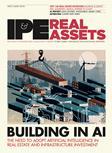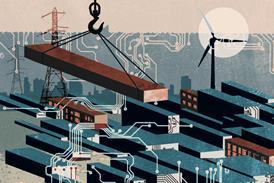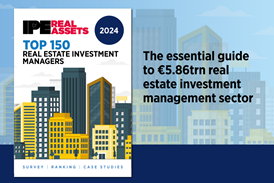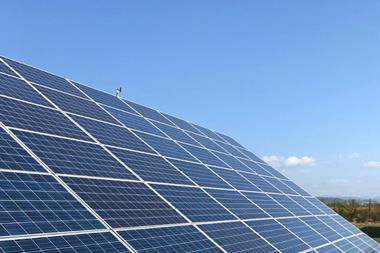The vote may mean a short-term slowdown in UK infrastructure investment, according to Andrew Jones, head of infrastructure debt at AMP Capital, who warned that currency fluctuations would have a big impact on the sector.
While domestic assets should be “sufficiently resilient to weather the storm”, transport projects – as well as energy projects “materially dependent on surrounding nations and interconnections” – are more at risk.
Energy prices are, he said, are likely to go up, given that the UK is dependent on power imports.
He pointed out that the UK was increasingly reliant on imports from and through Continental Europe, that its energy market was deeply integrated with Europe’s and that a material share of the UK’s electricity was exchanged with EU partners.
He also argued that the energy market could not practicably be separated from Europe’s energy networks, adding that the UK would have to continue to adhere to EU energy policy to some extent – yet without having any influence over policy.
“We would anticipate that investment into the energy sector is likely to decrease in the UK in the short term, but the effect would be much less pronounced than in other sectors,” Jones said.
“More aggressive players will be looking to take advantage of electricity price volatility and expected longer-term increases, so we may see the energy sector rally in the medium term.”
The vast majority of UK renewable energy projects have some degree of energy price exposure and would benefit directly from an increase in electricity prices, he said.










